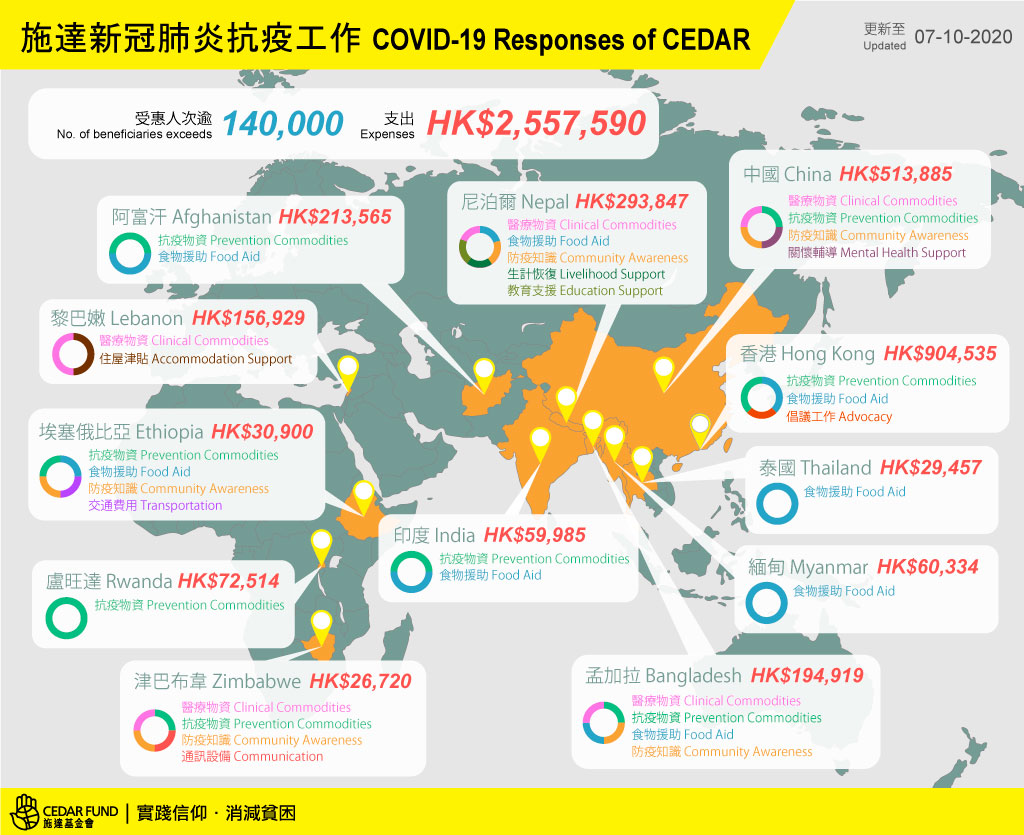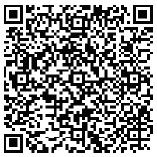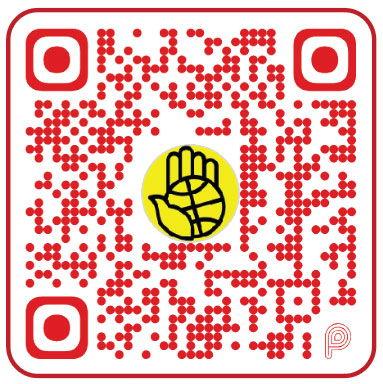The rampant spread of COVID-19 all over the world has taken a toll on everyone, whether they are rich or poor, in Hong Kong or overseas. However, the poor are always the most vulnerable group in a pandemic.
CEDAR is racing against time. We have been launching pandemic relief programmes in Hong Kong, mainland China, Bangladesh, Nepal, India, Lebanon and other developing countries. We provide the poor with medicine and personal protective equipment; we teach them about hygiene and provide mental health support. We also provide food assistance to underprivileged groups who are affected financially by the pandemic. Apart from these relief programmes, we collaborate closely with our partners to add in more pandemic prevention measures in existing development projects. It is hoped that through these measures, the poor is able to overcome their challenges during this arduous period.

Details of Programmes (Updated on Oct 27, 2020)
Hong Kong
In the early stage of an outbreak, we launched a mask donation campaign called “Love in the Time of COVID-19”. We collected thousands of masks and some disinfectant wet wipes from the public. All of these preventative materials were sent to our partner churches and Christian organisations. They then distributed the donated items to the needy they serve, including the homeless, underprivileged households, refugees and asylum seekers. Around 1,800 people benefited from the programme.
We, together with other front-line Christian organisations issued a press release on 18th February to urge the Hong Kong government to respond to the needs of citizens as soon as possible to alleviate their anxiety and distress.
Through around 50 local churches and social service organisations, we also provide pandemic prevention materials (face masks and hand sanitisers) to the underprivileged such as low-income groups, refugees and asylum seekers. Around 9,800 people will benefit from the programme.
We have also set up the “Journey through Pandemic Crisis – Short-term Food Assistance” Funding Scheme to support local churches to provide immediate help to individuals and families that have difficulties in coping with their daily food expenditure in the short term. We collaborate with 16 local churches in food relief efforts, such as provision of meals and food (rice, oil, noodles). About 4,800 individuals will benefit from the programme.
Mainland China
We collaborate with two Chinese partners to provide pandemic prevention materials (face masks, goggles, protective clothing, rubbing alcohol and disinfectant powder) to medical personnel, community disinfection workers, local residents, civil servants who were on shift duty to combat the disease, security guards, cleaners, the elderly, and underprivileged families in Hubei, Yunnan and Sichuan provinces. We also distribute pandemic prevention booklets and picture books to children, and develop online platforms to teach parents and children how to avoid contracting the virus.
In addition, we show our care for people who are under quarantine by helping them shop for food and daily necessities. For those who have been infected and those psychologically troubled by the virus, we provide psychological counselling to them and their family members as well. 70,000 people will benefit from the programme.
Bangladesh
In the northern regions of Bangladesh, we partner with LAMB to install portable hand-washing facilities in the community health services units and provide local health workers with personal protective equipment. We also provide the poor with food (rice, dal, salt and oil) and pandemic prevention commodities (soap, face masks and other protective items). In order to raise public awareness about the virus, we promote community hygiene practices through displaying banners and disseminating leaflets with pictorial guidelines. 1,200 households will benefit from the programme.
Furthermore, we collaborate with SATHI and TSA in Dhaka, Bangladesh’s capital, to distribute reusable face masks to slum inhabitants and teach them about hygiene and virus prevention. 3,114 people will benefit from the programme.
Nepal
We work with UMN to provide supplies (beds, operating tables, pulse oximeters, oxygen cylinders, etc.) needed for isolation wards. 300 people will benefit from this programme.
Besides, we support UMN to procure pandemic prevention materials (protective clothing, face masks, gloves, hand sanitisers, infrared thermometers, etc.) for local clinics and health centres. Furthermore, we support UMN to provide seeds to farmers in the communities, and conduct health education in poor communities. Altogether 2,006 people will benefit from this programme.
In addition, we partner with TFN to offer food aid (rice, oil, sugar, salt and lentils) to the poor. A total of 132 families will benefit from the programme.
We also collaborate with Asha Nepal, a local organisation fighting agains thuman trafficking, to dostronite pandemic prevention materials (masks, hand sanitisers) and food to poor comunities and red light districts. 140 people will benefit from this programme.
We work with partner SUS to rent farmland, providing seeds and tools to poor families who do not have arable land, and help them survive on farming under the influence of the pandemic. 56 people will benefit from this programme.
Furthermore, we partner with Shanti Nepal to provide surgical masks, gloves, hand sanitisers and infrared thermometers to rural clinics. We also support Shanti Nepal to provide food assistance and seeds to the poorest farmers in communities. Besides, we also conduct health education in poor communities. Altogether 2,498 people will benefit from the programmes.
Lebanon
We collaborate with IHP to deliver medication (medicine for respiratory diseases and other chronic illnesses) to local hospitals and clinics. Maintaining medicine supply helps relieve pressure in the local health system that is already overloaded. We estimate that over 8,600 people (Syrian and Palestinian refugees residing in Lebanon and underprivileged local residents) will benefit from the programme.
Ethiopia
We partner with TDA and EGCDWO to distribute food (flour) and pandemic prevention commodities (soap, alcohol disinfectant) to the poor. We also donate personal protective equipment to community workers and educate local residents about community hygiene and related health issues. Over 32,000 people will benefit from the programme.
Zimbabwe
We work with Trinity to provide pandemic prevention materials (face masks, hand sanitisers, thermometers and surgical gloves) to 17 organisations, including local hospitals, clinics and health centres. In addition, we educate local residents in remote villages about community hygiene. 1,200 people will benefit from the programme.
Owing to the anti-pandemic measures, our partners were not allowed to visit villages. In view of this, we have provided our partner, EFZ, with a smartphone so that EFZ staff can stay in touch with residents in remote poverty-stricken areas.
In addition, we partner with FACT to distribute pandemic prevention materials (face masks, hand sanitisers, gloves, soap, water buckets) to poor communities, and educate local residents about community hygiene. Around 120 people will benefit from this programme.
Thailand
We cooperate with UHDP to provide food assistance to the poor households in 47 communities. 962 households will benefit from this programme
India
We collaborate with CMCT and EFICOR to distribute reusable face masks to slum inhabitants. We also provide them with community hygiene and health education to raise the public’s awareness on virus prevention. 1,300 individuals will benefit from the programme.
Rwanda
We work with CARSA to distribute hygiene and pandemic prevention materials (reusable face masks and surgical gloves) to volunteer nurses. We also provide thermometers to local health centres to help support the medical systems in rural communities. We estimate that over 2,500 individuals will benefit from the programme.
Myanmar
We collaborate with Full Moon to provide food relief to children and youth at children home run by our partner, and the vulnerable communities in Yangon. Over 800 people will benefit from the programme.
Afghanistan
We partner with a local organisation to provide food aid and hygiene items to poor families in Kabul. 2,000 people will benefit from the programme.
donation method
(Please specify: COVID 19 Relief)
Cheque
Please make it payable to CEDAR FUND
Direct Deposit
HSBC: 004-600-385678-001
BEA: 015-185-68-00931-7SSA
BOC: 012-581-2-020114-7
DBS: 016-478-001364162
Faster Payment System
FPS ID: 3354016 or scan the below code in the online banking
After donation, please send a completed Donation Form, enclosing with cheque, bank-in slip or screenshot of successful payment along with your name, contact phone number and mailing address to us via mail, email or WhatsApp.
Address: CEDAR Fund, G.P.O. Box 3212, Hong Kong
Email: sharing@cedarfund.org
WhatsApp (for donation matters only): 5160 7549
- CEDAR is an approved charitable institution and trust of a public character under section 88 of the Inland Revenue Ordinance. Please visit Inland Revenue Department website for details.
- CEDAR Fund will issue a receipt for a donation of HK$100 or above for tax deduction. For a donation of less than HK$100, please get in touch with us to issue a receipt.
- Please DO NOT fax any donation information.
If the donation exceeds the above mentioned allocation of funds, the excess amount will be transferred to CEDAR’s ‘Emergency Relief and Disaster Preparedness Fund’. The fund will enable us to respond to immediate needs, and support disaster mitigation in poor nations always being hit by disasters to reduce the amount of devastation.



